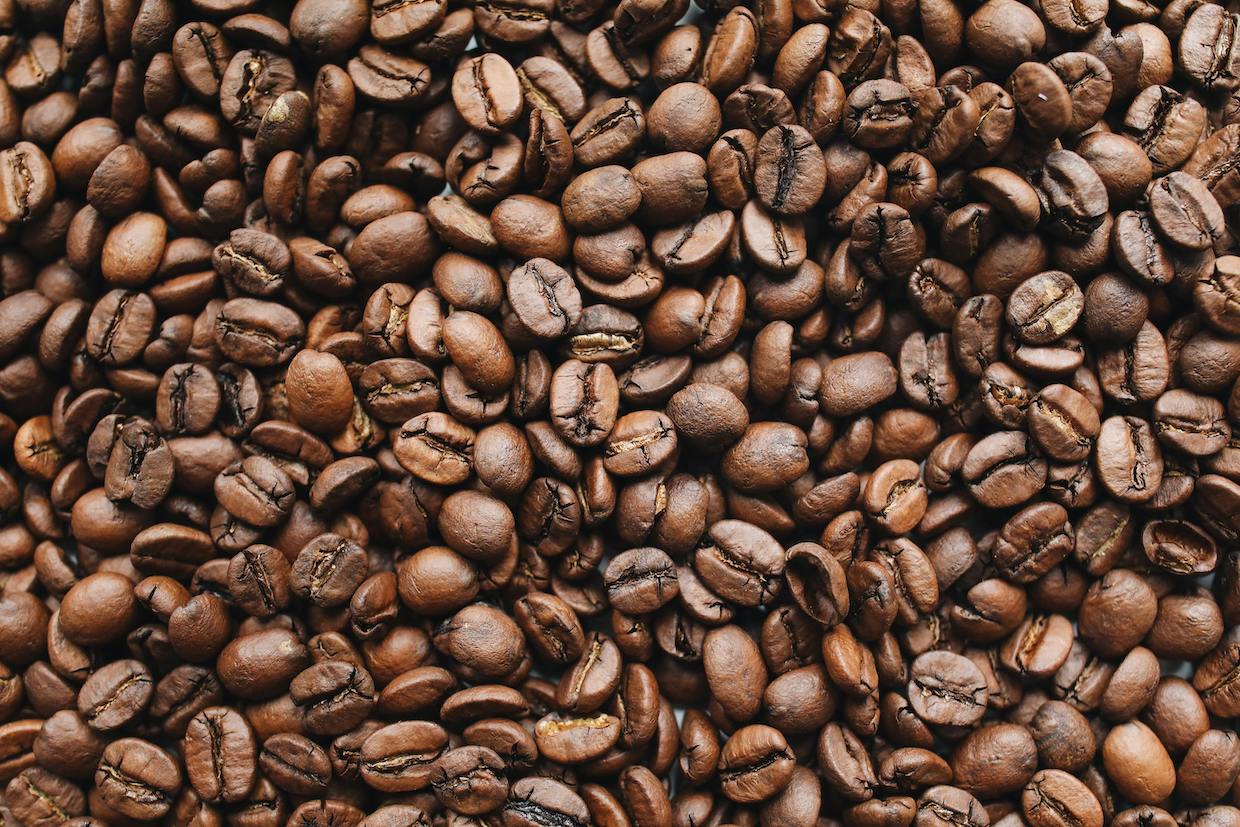Be warned, liars: Researchers in Germany say they’ve known a competent biomarker for espresso intake that may test whether or not or no longer other people have not too long ago inebriated espresso.
Usually measured thru urine, blood or tissue samples, biomarkers function organic signs of explicit physically prerequisites or sicknesses.
Whilst the desire for biomarkers of espresso intake isn’t essentially urgent — espresso intake is normally regarded as secure and even a part of a nutritious diet — the sluggish, planned march of science carries on.
A analysis workforce led through the Leibniz Institute for Meals Techniques Biology on the Technical College of Munich in Germany recommend biomarkers have the prospective to objectively measure espresso intake, which in instructional analysis recently is determined by self-reporting.
Following up on a 2011 pilot learn about that assessed the possibility of other espresso biomarkers, the analysis workforce landed on N-methylpyridinium, a compound present in roasted arabica and robusta coffees.
The researchers mentioned the compound does no longer essentially point out the volume of espresso intake, however it may be used to resolve whether or not or no longer espresso has been fed on.
“As we now have proven, N-methylpyridinium fulfills all of the standards that science calls for of a biomarker to keep an eye on meals consumption,” number one learn about creator Roman Lang of the Leibniz Institute mentioned. “Even supposing we can’t draw direct conclusions in regards to the quantity of espresso fed on because of more than a few components, the roasting substance continues to be appropriate as a marker. It’s because it permits us to tell apart objectively and nearly between individuals who have inebriated espresso and people who have no longer. We due to this fact suggest it as a competent qualitative biomarker for espresso intake.”
In finding the entire learn about right here.
Feedback? Questions? Information to proportion? Touch DCN’s editors right here.






Leave a Reply